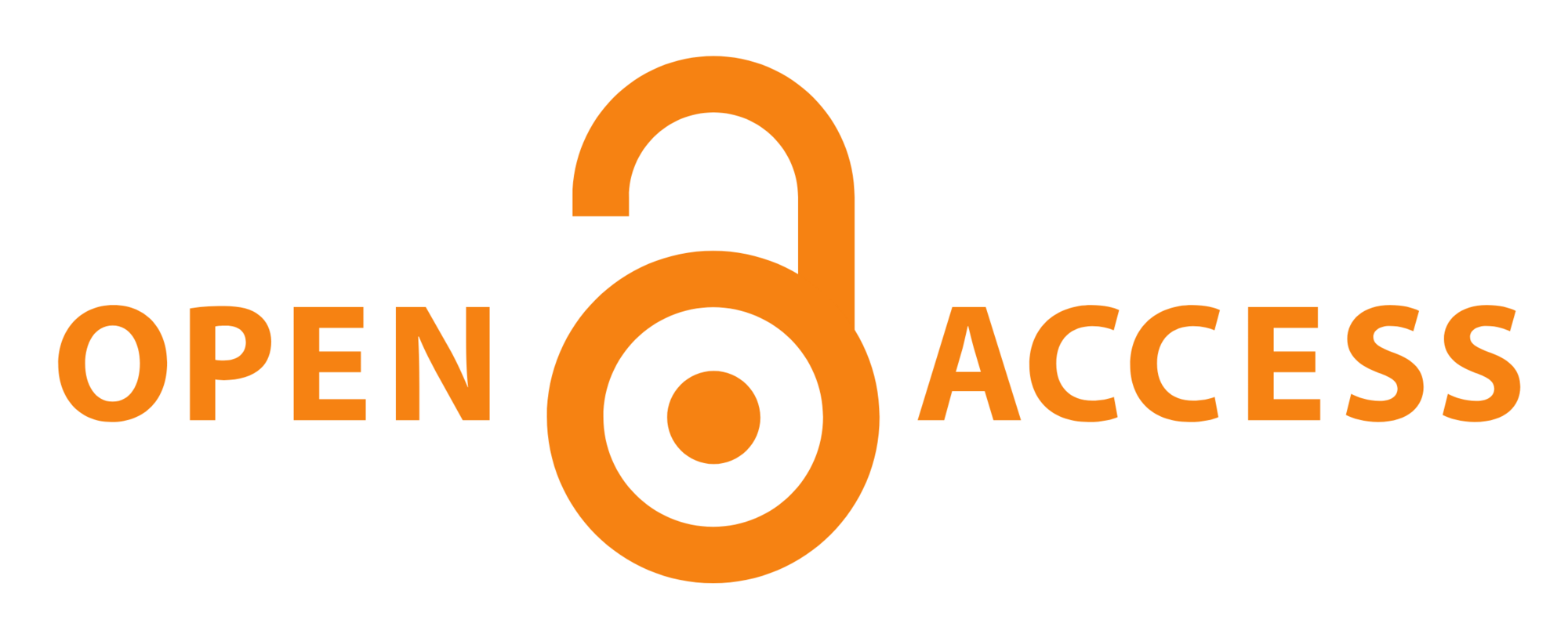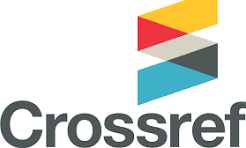البحث عن بديل للواقع:
عن الخيال، الواقع والترجمةفي المجموعة القصصيّّة بلسان مبتورة
DOI:
https://doi.org/10.64166/h6c1wd82الملخص
عالم الأنثروبولوجيا البرازيليّّ إدواردو فيفيروس دي كاسترو، الذي صاغ مصطلح”الأنثروبولوجيا المنظوريّّة“، اقترح مفهو اًمً فري اًدً للأنثروبولوجيا كفعل من أفعال الترجمةالثقافيّّة. يدّّعي إدواردو، على عكس المفاهيم السائدة، أنّّ الترجمة موجّّهة في الأساس نحو لغةالصمدر، أكثر من توجيهها نحو لغة الترجمة.يقترح دي كاسترو النظر إلى الترجمة ليس كبحث عن ”المتطابق“، بل كفعل يضعالأشياء في غموضها المزدوج – فعل لا يهدف إلى محو الاختلافات بين الصمدر والترجمة،بل على العكس، يهدف تحدي اًدً إلى الإشارة إليها. الافتراض الأساس لسيرورة الترجمة هو أنّّالغموض المزدوج موجود دائ اًمً، ولذلك، بد ا لًا من الانجذاب إلى إمكانيّّة إسكات الآخر، يجببالذات الإشارة إلى الاختلاف بين ما يقوله وما نقوله نحن.هذه الأفكار التي طرحها دي كاسترو حول الترجمة، والسياق الثقافيّّ المرتبط بها، هينقطة انطلاق المقال لقراءة المجموعة القيّصصّة بلسان مبتورة، وهي مجموعة من القصصالفلسطينيّّة التي ترجمها مجموعة من المترجمين في مشروع مكتوب. إنّّ ترجمة القصصالفلسطينيّّة إلى العبريّّة ليست، بطبيعة الحال، مجرّّد ”فعل في اللغة“، وفي كثير من النواحيتكشف القصص في المجموعة عن ”أصوات فلسطينيّّة“ داخل اللغة العبريّّة، مثل فلسطيننفسها.يربط المقال بين القضايا المتعلّّقة بترجمة وقراءة اللغة الفلسطينيّّة باللغة العبريّّة،وقضايا الألوان والبِِنى الأدبيّّة التي تبرز من خلال المجموعة. تتّّخذ العلاقة بين اللغة العبريّّة،التي ت كّشّل قصّّة إحيائها جز اًءً أساس اًيًّ من الأدب العبريّّ والسرديّّة الصهيونيّّة، واللغة العربيّّةالفلسطينيّّة، التي تتمّّ إبادتها أو إسكاتها في السياق الإسرائيليّّ، شك ا لًا معق اًدً في علم الترجمة.إلى جانب هذا، يبرز في المجموعة التوتّّر بين ”القصص الشاهدة“ و”القصص الخياليّّة“ التيت وّصّر واق اًعً مختل اًفً، بين التشبّّث بالواقع والميل نحو الرمزيّّ أو التجريديّّ، بين ”العودة إلىالزمان والمكان“ واختراع مستقلب آخر.يسعى المقال إلى دراسة الطرق المختلفة التي تكشف بها القصص المترجمة عنازدواجيّّة المعنى بين اللغة الفلسطينيّّة واللغة العبريّّة دون حلّّها. يدرس المقال الطريقة التيترتبط بها هذه الأسئلة بالبديل الذي تسعى المجموعة القيّصصّة خاصّّة، ومجموعة المترجمينعامّّة، إلى طرحه ضمن السياق الإسرائيليّّ.
المراجع
التنزيلات
منشور
إصدار
القسم
الرخصة
الحقوق الفكرية (c) 2025 جماعة

هذا العمل مرخص بموجب Creative Commons Attribution-NonCommercial 4.0 International License.





